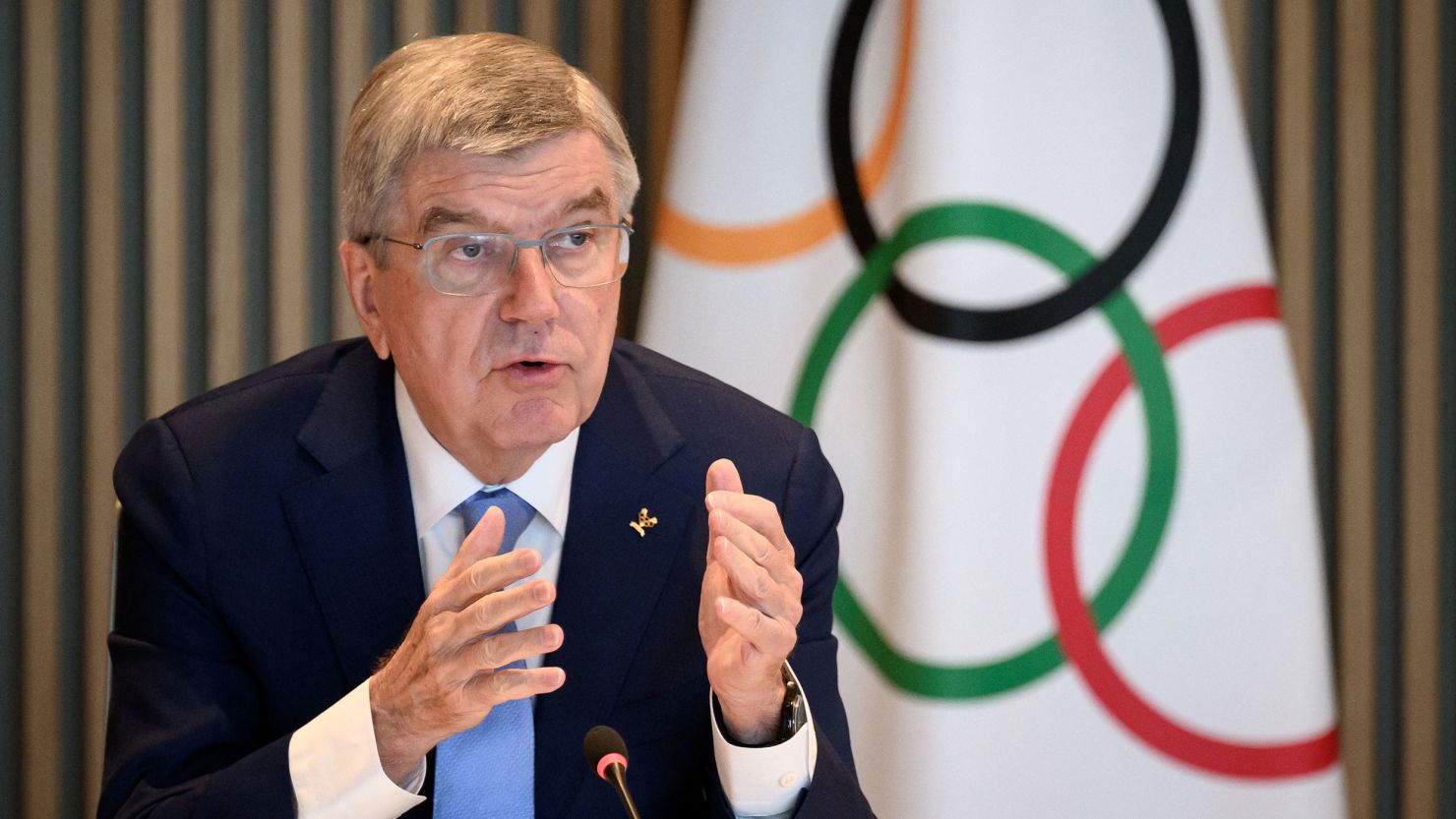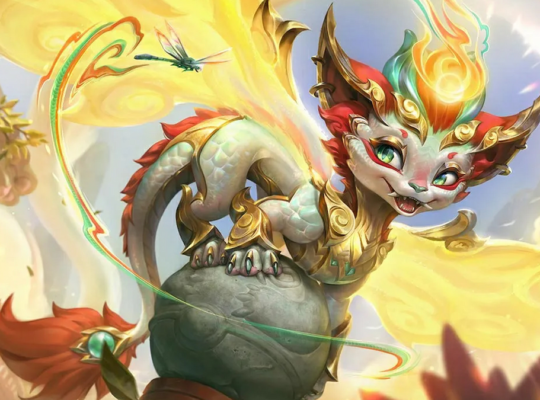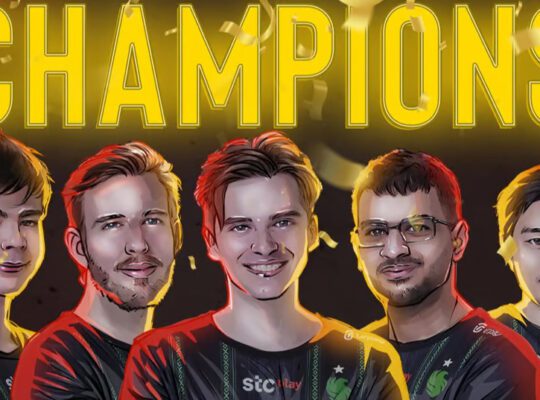How Esports is Reshaping the Olympic Stage
The IOC’s Shift
The International Olympic Committee is making headlines by reconsidering its stance on esports. In 2018, IOC President Thomas Bach firmly declared that games involving violence or discrimination would not be part of the Olympic movement. Fast forward to 2024, and the IOC is poised to create the Olympic Esports Games during the Paris Olympics. What caused this dramatic shift, and what does it mean for the future of the Olympics and the esports industry?
The Decline of Traditional Olympic Viewership
Despite the Tokyo 2020 Olympics claiming an impressive 3.05 billion viewers, the reality tells a different story. Live viewership for the Olympics has been steadily declining, with a 42% drop in viewership from Rio 2016 to Tokyo 2020. The Beijing 2022 Winter Olympics saw even further declines. This trend reveals a significant challenge for the IOC and its broadcasting partners.
The rise of streaming platforms and social media has changed how audiences consume content. Platforms like Twitter, Facebook, Reddit, and TikTok allow users to watch clips and highlights at their leisure, which is particularly appealing to younger audiences with shorter attention spans and busy schedules.
Gen Z and the Changing Landscape of Sports Viewership
Gen Z shows less interest in live sporting events than millennials or older generations. A Morning Consult survey found that nearly half of Gen Z has never attended a live professional sporting event, and only 53% identify as sports fans compared to 69% of millennials. This shift in interest is a cause for concern for traditional sports bodies, including the IOC.
Some sports have successfully leveraged alternative media to spark interest among younger audiences. For example, Netflix’s “Drive to Survive” series about Formula One racing led to a 54% surge in U.S. viewership. Similarly, video games like EA Sports FC and NBA 2K have helped attract younger audiences to football and basketball.
How Esports is Captivating Younger Audiences
Unlike traditional sports, esports boasts a younger and more expansive audience. According to a Deloitte report, about 26% of esports viewers are Gen Z, and Millennials make up 50% of the audience. Esports continues to grow in popularity, with viewership reaching 2.5 billion hours in 2023—an increase of 9% from 2022 and 92% since 2019. Estimates suggest that the number of esports viewers will reach 318 million by 2025.
The diverse participant base and massive global audience of esports present a unique opportunity for the IOC to engage with younger generations and stay relevant in the rapidly evolving entertainment landscape.
Implications of the IOC’s Shift to Esports
1. Legitimization of Esports
The IOC’s recognition of esports as a potential Olympic discipline provides significant validation for competitive gaming. This move could lead to broader acceptance of esports within traditional sports institutions and among the general public.
2. Global Audience and Participation
Esports has a massive global audience and diverse participant base, which could bring new demographics and viewership to the Olympic Games. This engagement with younger generations could help the Olympics remain relevant in the digital age.
3. Technological Innovation
Integrating esports into the Olympics reflects a commitment to technological advancements and the evolving landscape of sports and entertainment. This move could lead to new opportunities for innovation and the development of sports-related technologies.
4. Challenges and Controversies
However, this shift is not without its challenges. The IOC and traditional sports organizations will need to address issues such as doping in esports, defining which games qualify as “Olympic-worthy,” and ensuring a level playing field for competitors from different gaming backgrounds and platforms.
5. Economic Opportunities
Including esports in the Olympics could open up new economic opportunities for both industries, including sponsorships, broadcasting rights, and the creation of new markets for esports-related products and services.
Conclusion
The IOC’s evolving stance on esports marks a significant milestone in the acceptance and integration of digital sports within the broader landscape of global sports events. This shift presents both opportunities and challenges that will need to be carefully navigated to fully realize the potential benefits of this integration.
Stay tuned as we continue to explore and celebrate the exciting developments in the world of esports and beyond.
For more insights and coverage on esports and other digital entertainment trends, be sure to follow our updates and join the conversation!











